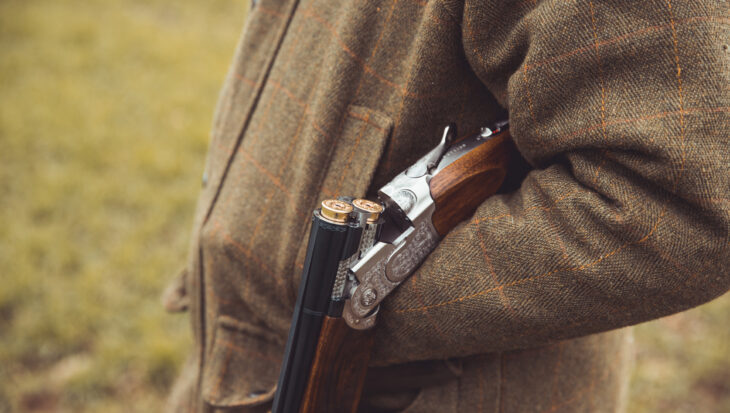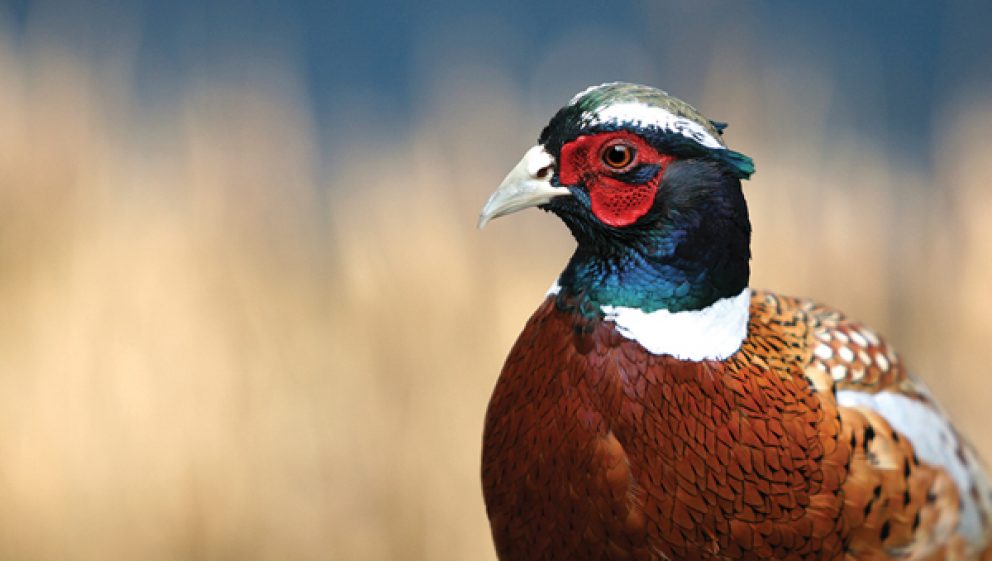Ban on the use of lead shot – finally!
Posted 10 Jul 2025

Posted on the 12th June 2023
Natural Resources Wales (NRW) has launched a Consultation on the release of pheasants and partridges into the countryside. Although the Consultation only addresses the release of birds rather than the ethical question of whether it is acceptable to purpose-breed and then kill birds for ‘sport’, this consultation is an opportunity to help to shape NRW’s views.

Below is some guidance if you would like to respond to the Consultation. NRW is especially keen to hear from people in Wales or people who have an interest in Wales and its environment.
NRW is more likely to read individual responses, so please try to fill out the Consultation in your own words as much as possible.
Please note that Animal Aid is completely opposed to the breeding, release and killing of pheasants and partridges. We have made this very clear in all our answers to this consultation even though none of the questions relate to game bird welfare or rights.
You may like to do the same in your response.
The Consultation closes 20 June 2023.
Please note: the survey has eight questions, with the first three asking for your name and email address and whether you are representing an organisation. Please note that you are representing yourself, not Animal Aid, even if you are a member and even if you base your answers on our points below.
Questions four to eight then ask you for your views. The text below in each box just reproduces the questions, with the text in the drop-down box being our suggestions.
Fill in the Consultation here (closing date 20 June 2023Animal Aid answered ‘yes’ to this question.
Some of the reasons include that:
Animal Aid has answered ‘No’, because the proposed licensing regime is not proportionate and will not be effective in addressing the huge enviromental damage caused by the release of many millions of birds.
Some of the reasons include:
Animal Aid does not believe these proposals are appropriate or workable.
Some of the reasons include:
Animal Aid disagrees.
Some of the reasons include:
No. Animal Aid disagrees.
Some of the reasons include:
Posted 10 Jul 2025

Temperatures are rising and it’s time to get outdoors, enjoy the weather and tuck into some delicious vegan food! Thanks to an abundance of plant-based options now available, there’s an alfresco option for every tastebud...
Posted 09 Jul 2025
